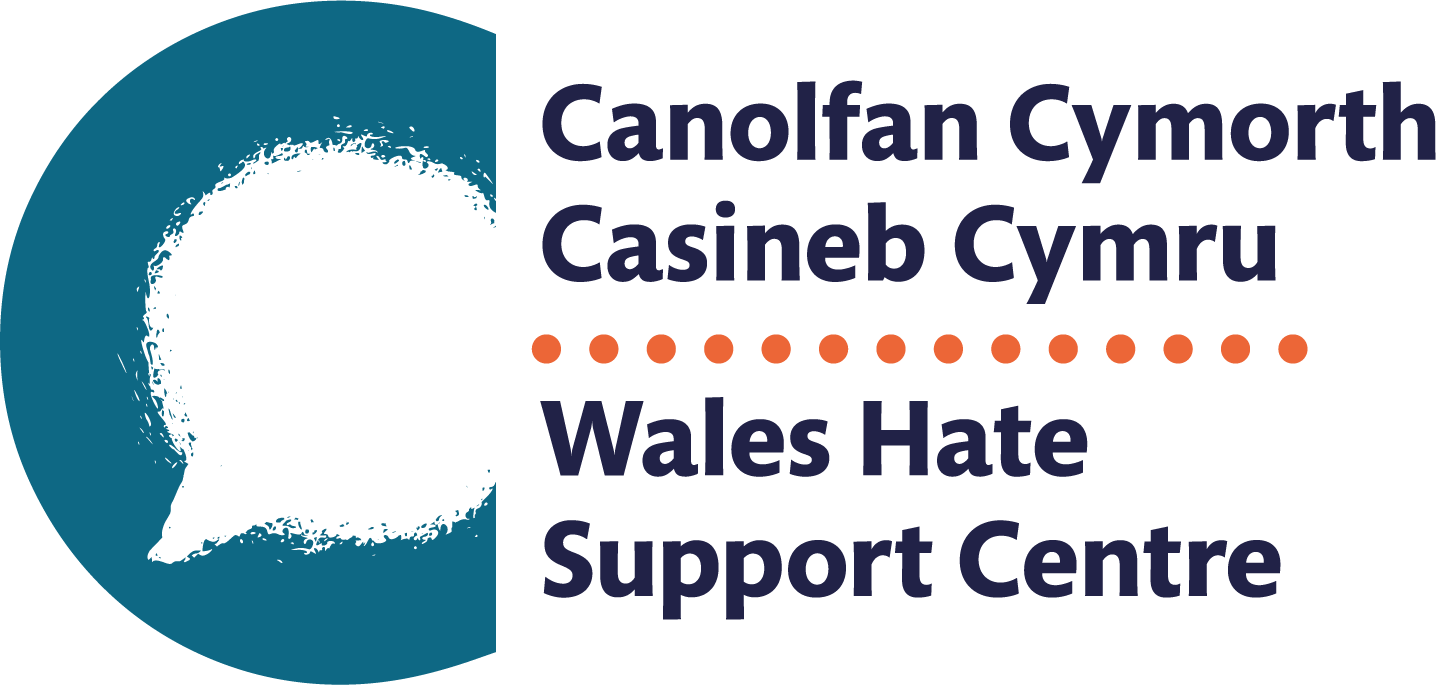Race
Racist Hate Crimes occur when someone is targeted because of their racial group.
As defined by Citizens Advice, A racial group means a group of people who are defined by reference to their race, colour, nationality or ethnic or national origin.
This includes:
- Gypsies and Travellers
- refugees and asylum seekers
- Jews and Sikhs
Racially motivated Hate Crimes are the most common cases reported to the police, making up three quarters of all reported cases, however it is estimated that racist hate crimes are still largely unreported.
Victims of racist Hate Crimes may face additional barriers after experiencing the incident such as:
Normalising what has happened
If incidents happen often then people may ‘normalise’ it and attribute it to an expected everyday experience.
Lack of awareness of what a Hate Crime is
Many people are unaware of what a Hate Crime is, and how the abuse, bullying, hostility or prejudice they have endured could be classed as a criminal offence
Language barriers
Some victims who come forward are unaware of the translation services available and fear that their side of the story might not be understood or recorded accurately.
Lack of Trust in Police and Criminal Justice Agencies
There may be a distrust in authorities such as the Police and wider criminal justice agencies. This can cause feelings of frustration and hopelessness when it comes to reporting hate crimes.
Cultural Barriers
There may be a stigma about coming forward or accessing support in certain communities, or not wanting to talk about what has happened for fear of burdening family and friends.
World Events
In the aftermath of traumatic, political or polarising events, it can become frightening to report Hate Crime when there appears to be an atmosphere of hostility towards certain religious groups.
Some people feel that their experience might be ignored or even supressed.
If you are worried about reporting a Hate Crime you can talk to Victim Support first who can listen and talk to you about your options.


